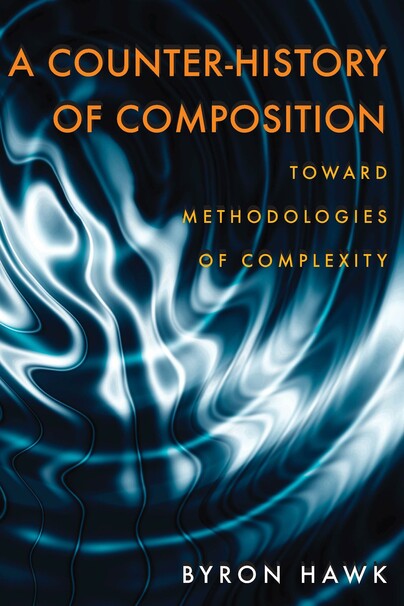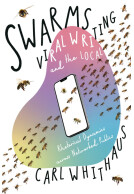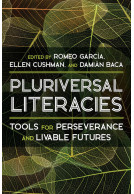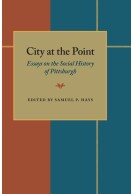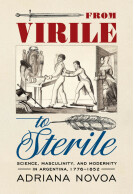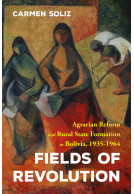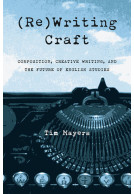Counter-History of Composition, A (Paperback)
Toward Methodologies of Complexity
Imprint: University of Pittsburgh Press
Series: Composition, Literacy, and Culture
Pages: 400
ISBN: 9780822959731
Published: 20th November 2007
Script Academic & Professional
Series: Composition, Literacy, and Culture
Pages: 400
ISBN: 9780822959731
Published: 20th November 2007
Script Academic & Professional
This book will be reprinted and your order will be released in due course.
You'll be £45.00 closer to your next £10.00 credit when you purchase Counter-History of Composition, A. What's this?
+£4.99 UK Delivery or free UK delivery if order is over £40
(click here for international delivery rates)
Order within the next 11 hours, 8 minutes to get your order processed the next working day!
Need a currency converter? Check XE.com for live rates
(click here for international delivery rates)
Order within the next 11 hours, 8 minutes to get your order processed the next working day!
Need a currency converter? Check XE.com for live rates
A Counter-History of Composition contests the foundational disciplinary assumption that vitalism and contemporary rhetoric represent opposing, disconnected poles in the writing tradition. Vitalism has been historically linked to expressivism and concurrently dismissed as innate, intuitive, and unteachable, whereas rhetoric is seen as a rational, teachable method for producing argumentative texts. Counter to this, Byron Hawk identifies vitalism as the ground for producing rhetorical texts-the product of complex material relations rather than the product of chance. Through insightful historical analysis ranging from classical Greek rhetoric to contemporary complexity theory, Hawk defines three forms of vitalism (oppositional, investigative, and complex) and argues for their application in the environments where students write and think today.Hawk proposes that complex vitalism will prove a useful tool in formulating post-dialectical pedagogies, most notably in the context of emerging digital media. He relates two specific examples of applying complex vitalism in the classroom and calls for the reexamination and reinvention of current self-limiting pedagogies to incorporate vitalism and complexity theory.
Other titles in the series...
Other titles in University of Pittsburgh Press...







